A fire can be destructive very quickly, causing property damage and can cause significant health risks. Fires can be accidental, often resulting from issues like unattended cooking, faulty electrical systems, or they can be set deliberately. Here are some fire safety tips to help keep yourself and others safe.
Detection & Alarms
• Install Smoke Alarms: Place smoke alarms on every level of your home, especially in or inside bedrooms.
• Test Alarms Monthly: Check that your smoke alarms are working properly every month.
• Use Carbon Monoxide Detectors: Install CO detectors to alert you to the presence of this deadly gas.
• Replace Old Alarms: Change any smoke alarm that is more than ten years old.
Escape Planning
• Create a Plan: Develop a fire escape plan with two ways out of every room.
• Practice Drills: Practice your escape plan regularly with your family and establish a safe, outdoor meeting place.
• Know the Rules: In a multi-story building, do not use elevators during a fire.
Kitchen Safety
• Stay Alert: Do not cook when sleepy or under the influence of alcohol or medication that causes drowsiness.
• Stay in the Kitchen: Never leave food cooking unattended on the stove.
• Keep Surfaces Clear: Keep items that can burn, such as oven mitts and dishcloths, away from the stove.
• Handle Fires Properly: If a pot catches fire, slide a lid over it to cut off air and turn off the heat. Never use water on a grease fire, and if possible, use a Silver class K fire extinguisher to put out the fire.
Heating & Electrical Safety
• Safe Space Heaters: Place space heaters at least 1 meter (3 feet) away from anything that can burn and plug them directly into a wall outlet.
• Inspect Cords: Do not use frayed electrical cords, and avoid overloading extension cords or running them under rugs.
• Maintain Heaters: Have your furnace and heating boiler inspected and cleaned regularly, and do not block air vents.
Other Fire Prevention Tips
Candle Safety: Never leave lit candles unattended or in areas where they could fall on flammable materials.
• Flammable Liquids: Store fuels, solvents, paints, and other flammable materials in a cool, ventilated area outside the home, in approved containers.
Here is an example of flammable solvents:
Acetone: A colorless, volatile liquid with a sweet odor.
Ethanol: A clear, colorless liquid with a strong odor.
Methanol: A colorless liquid with a slight alcohol odor, used as a solvent and antifreeze.
Isopropyl Alcohol (2-Propanol): Widely used as a disinfectant in healthcare.
Benzene: A colorless, highly volatile liquid with a sweet odor, used as a solvent.
Gasoline: A common fuel and solvent that is highly flammable and responsible for many Home fires
• Smoking: If you smoke, do so outdoors, away from the home, and dispose of ashes safely.
BBQ fire safety:
• This involves keeping the grill away from structures, never leaving it unattended, keeping and having a fire extinguisher or water nearby.
• Properly dispose of hot ashes in a metal container and extinguish flames completely after use, and address any grease fires by smothering them, not with water.
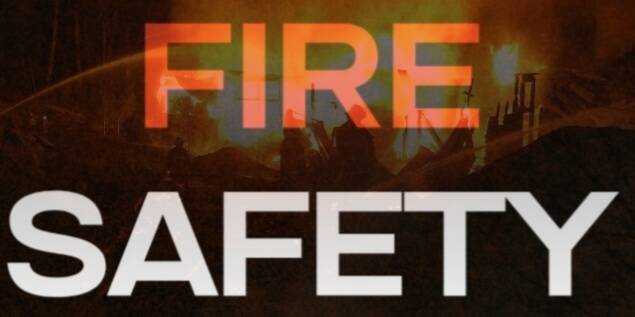

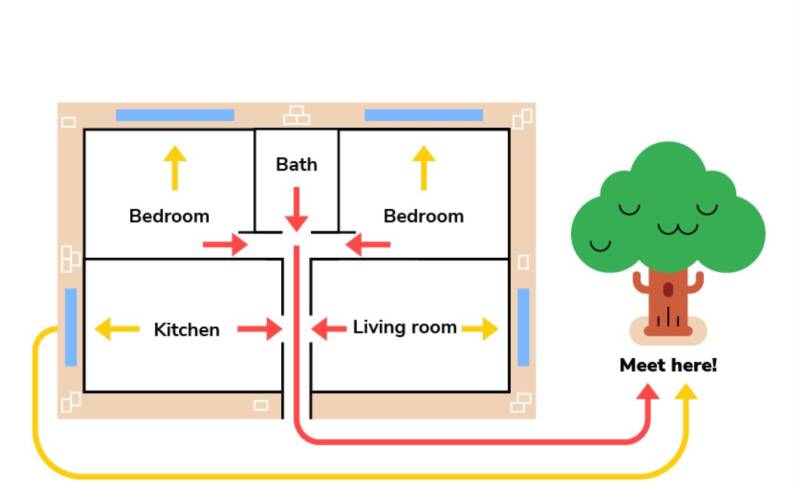



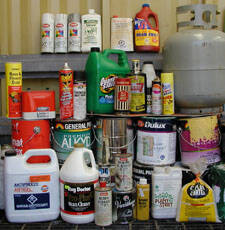
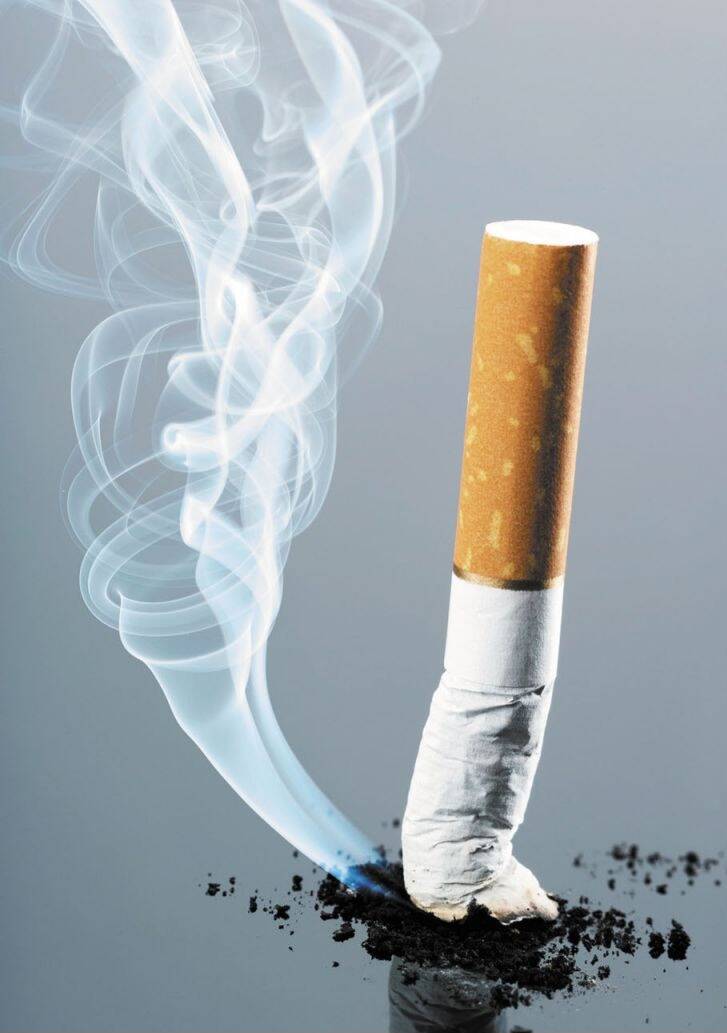
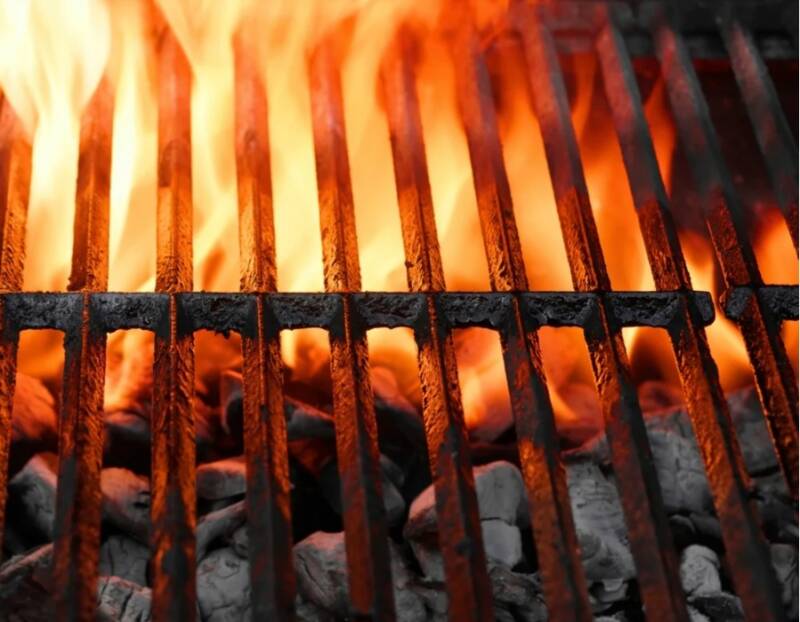
Create Your Own Website With Webador